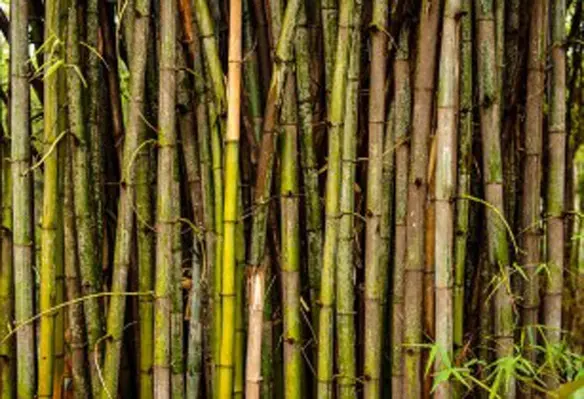Samart Kaset Yont Part Ltd has developed a range of machines with an aim to help Asia’s sugarcane operators to boost output with reduced cost
In Australia, sugarcane farming is a serious business in many coastal areas and the need for efficient methods of harvesting has driven most farmers to move to mechanical methods of harvesting during recent years.
Samart is one of the leading brands which has an engineering centre and factory in Thailand in Chainat.
Gaining ground internationally in several of the South East Asian as well as South American countries their range approaches markets on some very interesting concepts. For a start, all models run on tracks, reducing compaction on the light friable soils that cane loves to grow in. Secondly, they run a self-unloading system that means no road transport need to enter the field. This reduces the soil damage so endemic in traditional methods where heavy trucks frequently cause stalk damage and poor ratoon performance.
Samart’s range of machines has a wide appeal to hard-pressed operators struggling with the high cost of maintaining some of the more recognisable brands. The operator cabin is European in design and the company aims to provide the operator with an air-conditioned and comfortable workspace.
Srinual Leethirananon, operations director at Samart, said, “Reduction of the noise and vibration being transferred to the operator is just part of a much larger programme.”
She continued, ”Internationally, customers expect a higher standard, not just in comfort but in all facets of the machine design and as we compete more and more on the international stage we will be providing European standards in all main aspects of our products.”
Overview of range
The range comprises two principle designs, the SM-200 and the SM-200 Giant. Both are available with power options between 165 and 190 kW.
The SM-200 standard is a track-based machine differentially steered by its tracks. Due to the set-up and short vehicle length, it is highly manoeuvrable and effective in more challenging areas where access could be restricted.
The SM-200 Giant is based on a half-track design aimed principally at planned, prepared plantations where long unrestricted operation with open headland is available. Steering is via the front drive wheels with a differential track system driving from the rear. The track is positioned under the cane hopper which maximises traction and carrying capacity whilst optimising ground pressure.




